detail profile h c3 a9l c3 a8ne lapiower
Peran Yang Di Mainkan Hélène Lapiower
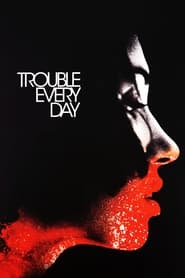 Newlyweds Shane and June arrive in...
Newlyweds Shane and June arrive in...Trouble Every Day 2001
Newlyweds Shane and June arrive in Paris for their honeymoon. In the process of trying to find a cure for his strange, bloodthirsty disease, Shane stumbles upon the story of a doctor and his flesh eating wife.
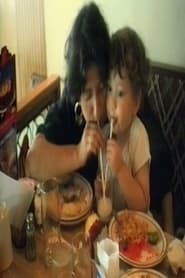 The questioning of Jewish heritage and...
The questioning of Jewish heritage and...A Little Family Conversation 2000
The questioning of Jewish heritage and identity via the portrait of a diversed family, across Belgium and the United States.
 Paul Dedalus is at a crossroads...
Paul Dedalus is at a crossroads...My Sex Life... or How I Got Into an Argument 1996
Paul Dedalus is at a crossroads in his life. He has to make several decisions; should he complete his doctorate, does he want to become a full professor, does he really love his long-standing girlfriend, or should he re-start with one of his other lovers?
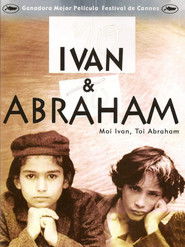 In 1930s Poland Christian boy Ivan...
In 1930s Poland Christian boy Ivan...Ivan & Abraham 1993
In 1930s Poland Christian boy Ivan goes to live with a Jewish family to learn a trade. He becomes friends with Abraham, the son of the family. However, anti-Semitism is rife in their environment, and they flee to escape an upcoming conflict. Journeying together, they demonstrate their inseparability.
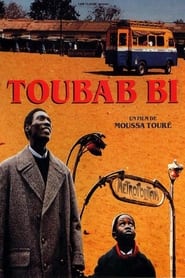 Soriba Samb is a Senegalese who...
Soriba Samb is a Senegalese who...Toubab Bi 1992
Soriba Samb is a Senegalese who has just received a much sought after internship to study filmmaking in Paris. Soriba heads to Paris, accompanied by the five-year old son of a friend who he believes to be still living in Paris. On arrival he struggles to find the boy’s father. In addition to coping with his new internship, Soriba has to also spend time tracking down the boy’s father ‘Issa’.
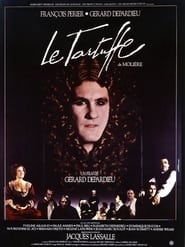 Orgon is a man of property...
Orgon is a man of property...Le Tartuffe 1984
Orgon is a man of property duped by the false piety of the penniless Tartuffe. Orgon takes him into his house, believing him a paragon of virtue. Orgon orders his daughter to reject her fiancé and marry Tartuffe. First Dorine, the family servant, tries a strategy to avert the marriage; then Orgon's son tries his hand. They anger Orgon, and to prove paternal power, he disinherits his son and makes Tartuffe his heir. Next Orgon's wife tries to bring her husband insight, a stratagem that partially backfires. With the bailiff at the door ordering Orgon to vacate his own home and with Tartuffe at court to prove Orgon's a traitor, all seems lost.
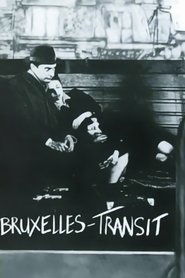 Samy Szlingerbaum made his film DakhBrisel...
Samy Szlingerbaum made his film DakhBrisel...Brussels-Transit 1982
Samy Szlingerbaum made his film Dakh-Brisel (Brussels-Transit) in 1980, thirty years after any Yiddish feature film had been produced. Szlingerbaum felt that the only way he could relate the story of his family’s search for refuge after World War II was in Yiddish. This Belgian-based filmmaker, deeply impacted by New York experimental cinema, gives us a masterful blend of powerful drama and stark documentary to tell the story of postwar European Jewry. Home, as it had been, no longer exists, and all that Samy’s family wants is a place in which to sink new roots.

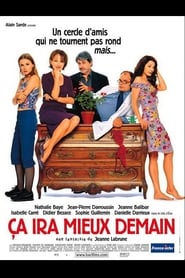 A group of Parisians frets over...
A group of Parisians frets over...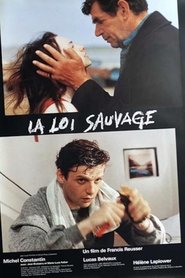 A man escapes from prison and...
A man escapes from prison and...